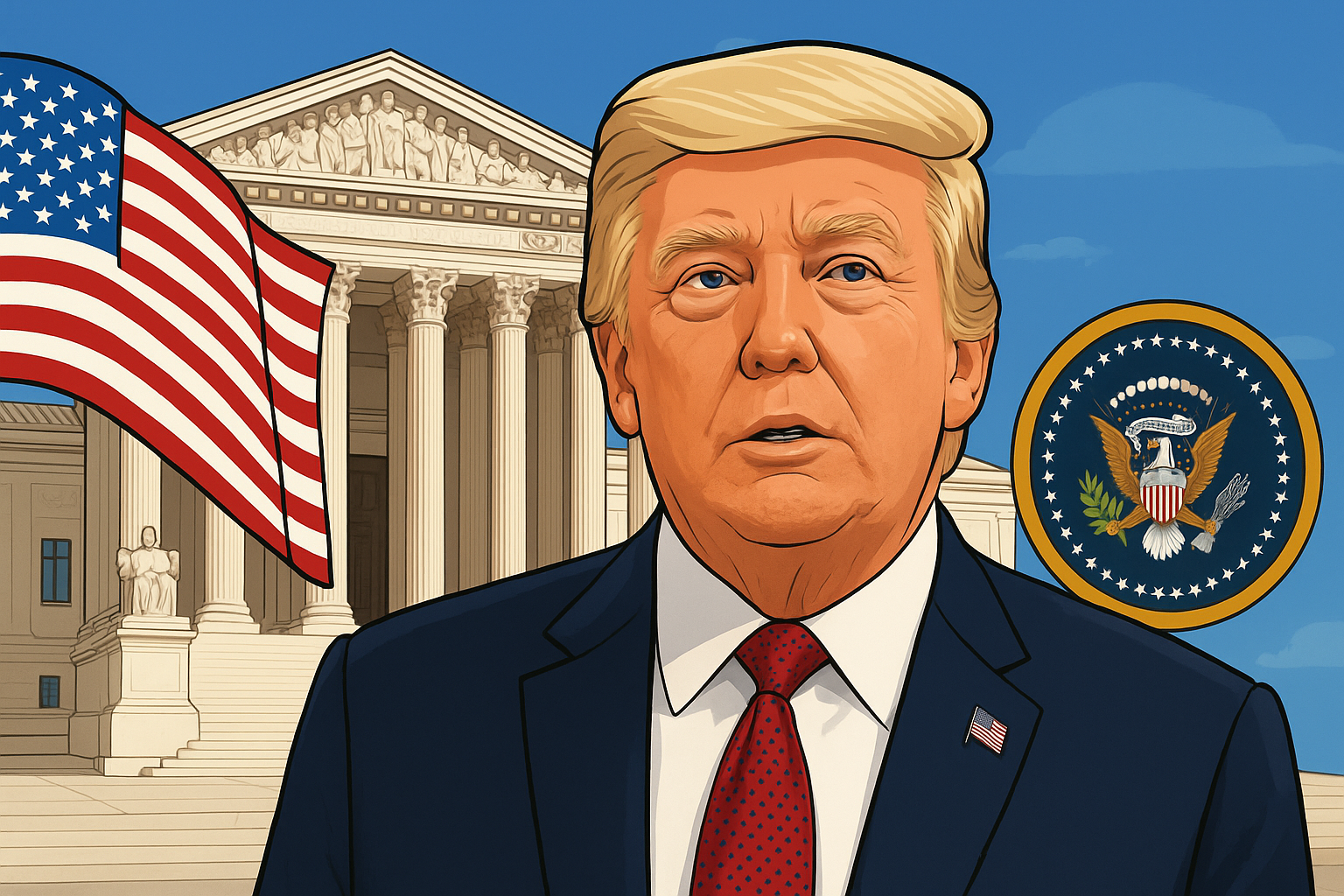Donald Trump Tariffs Declared Illegal: Appeals Court Ruling Explained
Introduction
Donald Trump, former U.S. President, is once again at the center of trade controversy. Recent developments in federal courts have ruled some of his key tariffs illegal, citing overreach under the International Emergency Economic Powers Act (IEEPA). This article breaks down the ruling, its background, and what it means for U.S. trade and global markets.
Background: Trump’s Tariff Policies
During his presidency, Trump implemented tariffs on multiple countries, aiming to protect domestic industries. These tariffs often targeted China, the European Union, and other major trade partners. While supporters argued it safeguarded American jobs, critics claimed it violated established trade laws and disrupted international commerce.
Appeals Court Ruling
The U.S. Court of Appeals recently ruled that Trump’s tariffs exceeded his authority under IEEPA. The court emphasized that while the president can impose sanctions in emergencies, the broad application of tariffs on imported goods was deemed illegal. This marks a significant judicial check on executive power in trade matters.
Key Points from the Court Decision:
- The tariffs violated limits of presidential authority.
- Broad economic sanctions cannot substitute legislative trade powers.
- The ruling applies to multiple industries affected by the 2018–2020 tariffs.
- The decision could influence future trade policies under current and future administrations.
Reactions from Experts
- Legal Analysts: Many emphasize this ruling as a precedent limiting presidential power in unilateral trade measures.
- Economists: They warn that ongoing trade disputes may face uncertainty until policy clarity is restored.
- Media Observers: Coverage highlights the implications for global trade and domestic industries.
Implications for U.S. Trade and Economy
- Potential rollback or revision of existing tariffs.
- Reassessment of trade strategies with China, the EU, and other partners.
- Legal and financial uncertainty for industries affected by tariffs.
- Reinforcement of Congressional authority over trade policy decisions.
FAQs
- Q1: Why were Trump’s tariffs declared illegal?
- A1: The court ruled they exceeded presidential authority under IEEPA, as they were applied broadly and without emergency justification.
- Q2: Which industries are most affected?
- A2: Industries including steel, aluminum, and tech imports from China and the EU are impacted.
- Q3: Can the ruling be appealed?
- A3: Yes, the Trump administration or related parties can request a review from a higher court.
- Q4: What does this mean for U.S. trade policy?
- A4: Congress has a reinforced role in approving or limiting tariffs, and future presidents may face stricter oversight.
- Q5: Will this affect global markets?
- A5: Likely yes, as trade uncertainty may lead to short-term fluctuations in import/export pricing and market stability.
Conclusion
The appeals court ruling on Donald Trump’s tariffs is a landmark decision in the context of U.S. trade law. It underscores the limits of executive power, reinforces legislative authority, and may shape international trade relations for years to come. While it poses challenges for businesses impacted by tariffs, it also ensures that trade policies adhere to legal frameworks.
Opinion
This ruling represents a pivotal moment in balancing executive power with legislative oversight. While some may argue that aggressive tariff strategies are necessary for protecting domestic industries, legal boundaries ensure accountability and prevent unilateral overreach. The decision encourages a more structured, rule-based approach to trade, fostering both domestic economic stability and reliable international relations. It signals that future administrations must carefully navigate trade policies within constitutional limits, combining strategic economic interests with legal adherence.


0 comments